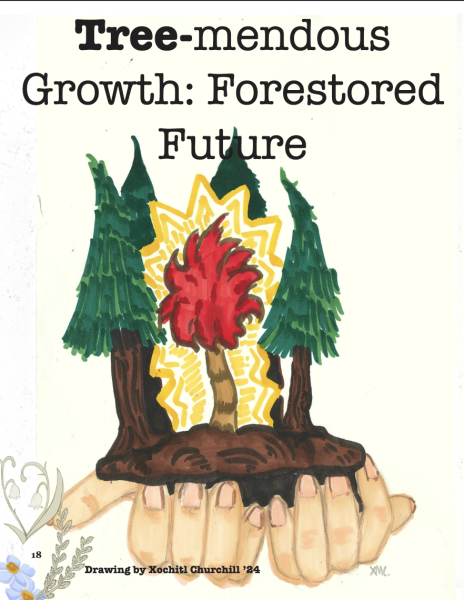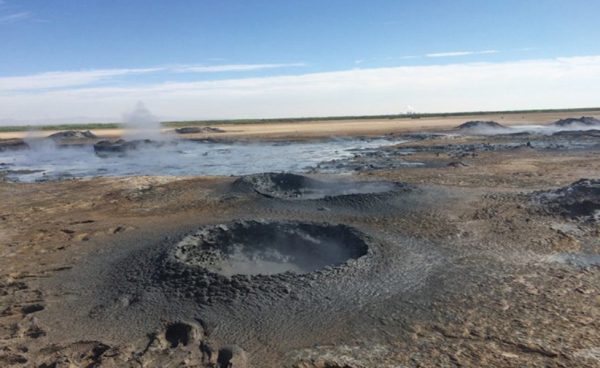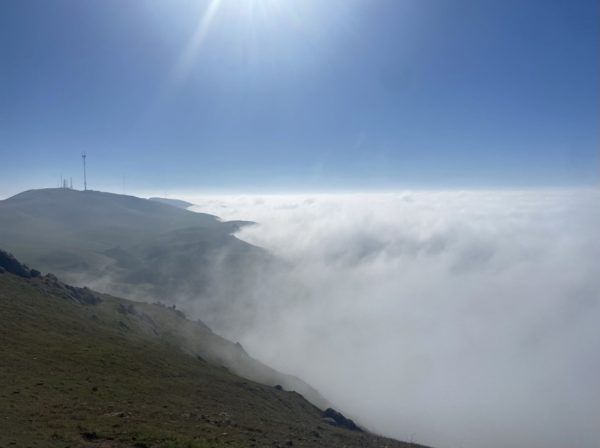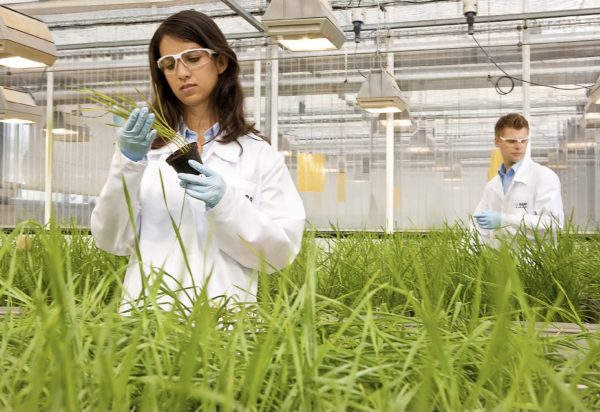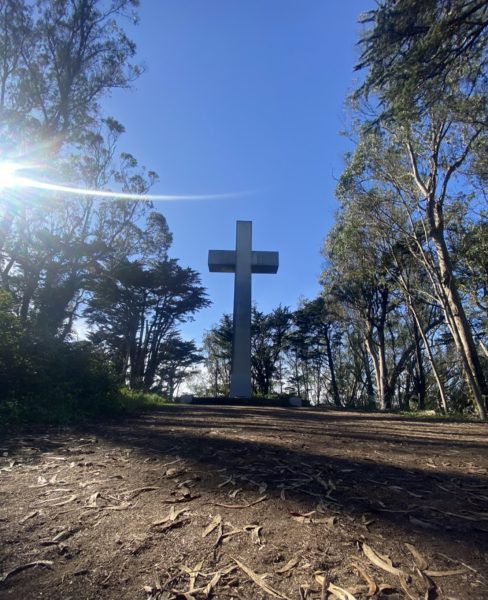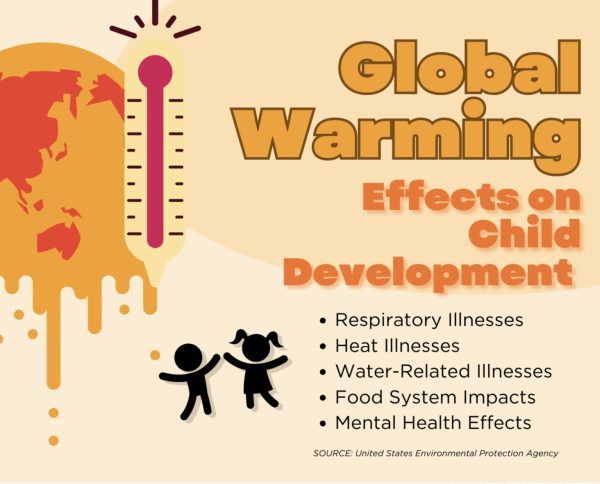Targeted killings of environmental journalists increase
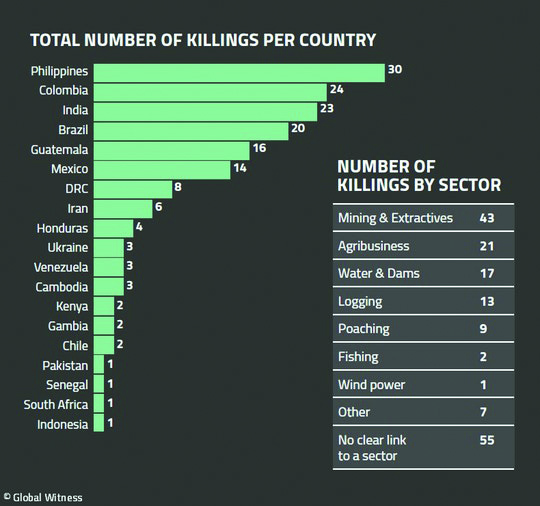
The number of environmental journalists killed while investigating stories about the climate and other issues has steadily increased.
January 13, 2020
Environmental reporters havebecome targets.
Around the world, environmental reporters are facing violence, harassment, lawsuits, abuse andin some cases, death.
The Guardian stated, “The Committee to Protect Journalists (CPJ), which produced the tally, is investigating a further 16 deaths over the last decade. It says the number of murders may be as high as 29, making this field of journalism one of the most dangerous after war reporting.”
It is not yet definitively determined as to why reporters in this field are being targeted, but there are many theories why they’ve become targets.
Peter Fimrite, reporter of theSan Francisco Chronicle, said, “I think the oil and gas industries and the politicians they support with huge campaign donations are terrified. They are attacking the messenger, the press. It is primarily because of their fear that their livelihoods will be impacted if the world takes action to reduce greenhouse gas emissions. But, it is also because certain leaders have indicated to their followers that they don’t like the free press in America, and that it is OK to attack members of the media.”
This has had a huge effect on the environmental journalists and journalists in general.
Fimrite said, “These events can change the perspective of journalism and reporting.” He added, “It should not change the perspective of reporters, impact their reporting or change journalism, but I’m afraid it will.”
He continued, “Newspapers have been struggling financially and there are fewer investigative journalists now than in the past. Standards have been loosened at some outlets, especially television news. There is at least one so-called news station that is almost entirely propaganda, and it is actually leading the fight against those who want to take action to limit the impacts of climate change. That station’s pundits have been vigorously touting debunked theories about climate change, and pushing misleading and false information about the environmental movement. That is a very serious problem.”
Knowing this is going on, many in the media, andthose who support this social cause, believe there needs to be a change. There needs to be understanding between both sides, environmental reporters and the opposing side, so this can end.
Fimrite said, “People need to understand what journalism is, including the standards of fairness, accuracy, and objectivity that all legitimate news organizations hold sacred.We have been hurt by the internet, with all the blogs and ‘news’ sites that do not have those standards. A lot of people don’t know the difference between a legitimate newspaper and a ranting scandal sheet pushing propaganda. We need to educate the public and make those distinctions more clear.”
Environmental journalismhas to do with trends going on in the environment, understanding what is going on with nature, and geography in general.
Why is environmental journalism important? Fimrite said, “The environment is us. It is the air we breathe, the water we drink, the food we eat. It is everything around us, including the weather. No one would purposefully allow their house to get so dirty and decrepit that it gets condemned. Are we willing to let our planet fall into disrepair?”
AP Environmental Science teacher and Dean of Academics Michael O’Brien said, “Environmental reporting is important because it is a tool of awareness for the general public. Anything that is put out there that causes people to be concerned, to be alarmed, even if it’s not a strict scientific fact, as long as there is some truth rooted in that, it’s important to make people aware.”
Fimrite said, “Now, there are legitimate arguments about how far we go to protect our environment—what kinds of development, resource extraction and other actions society is willing to accept—but those decisions should be made based on sound information and science. This is why it is so important for environmental journalists to understand the issues, togather information from all sides, including scientists, conservationists, industry and the public and report the facts.”
“In many cases,” Fimrite said, “we are the only ones who have a clear understanding of the impacts of environmental regulations on the various interest groups and we have an obligation to report the truth, regardless of the consequences.”


